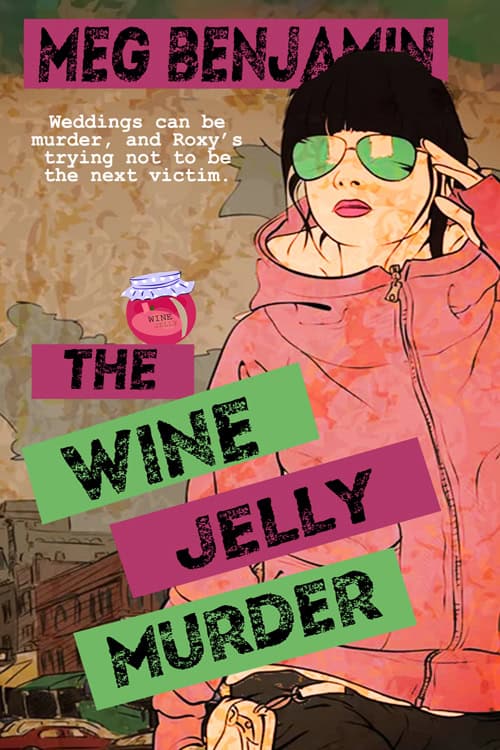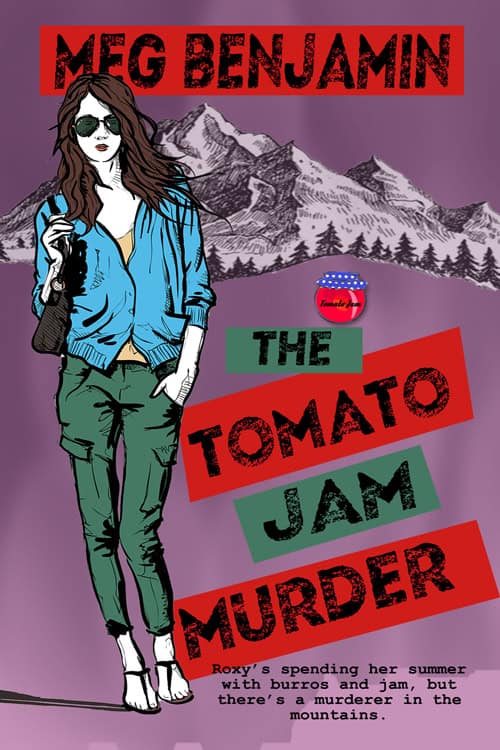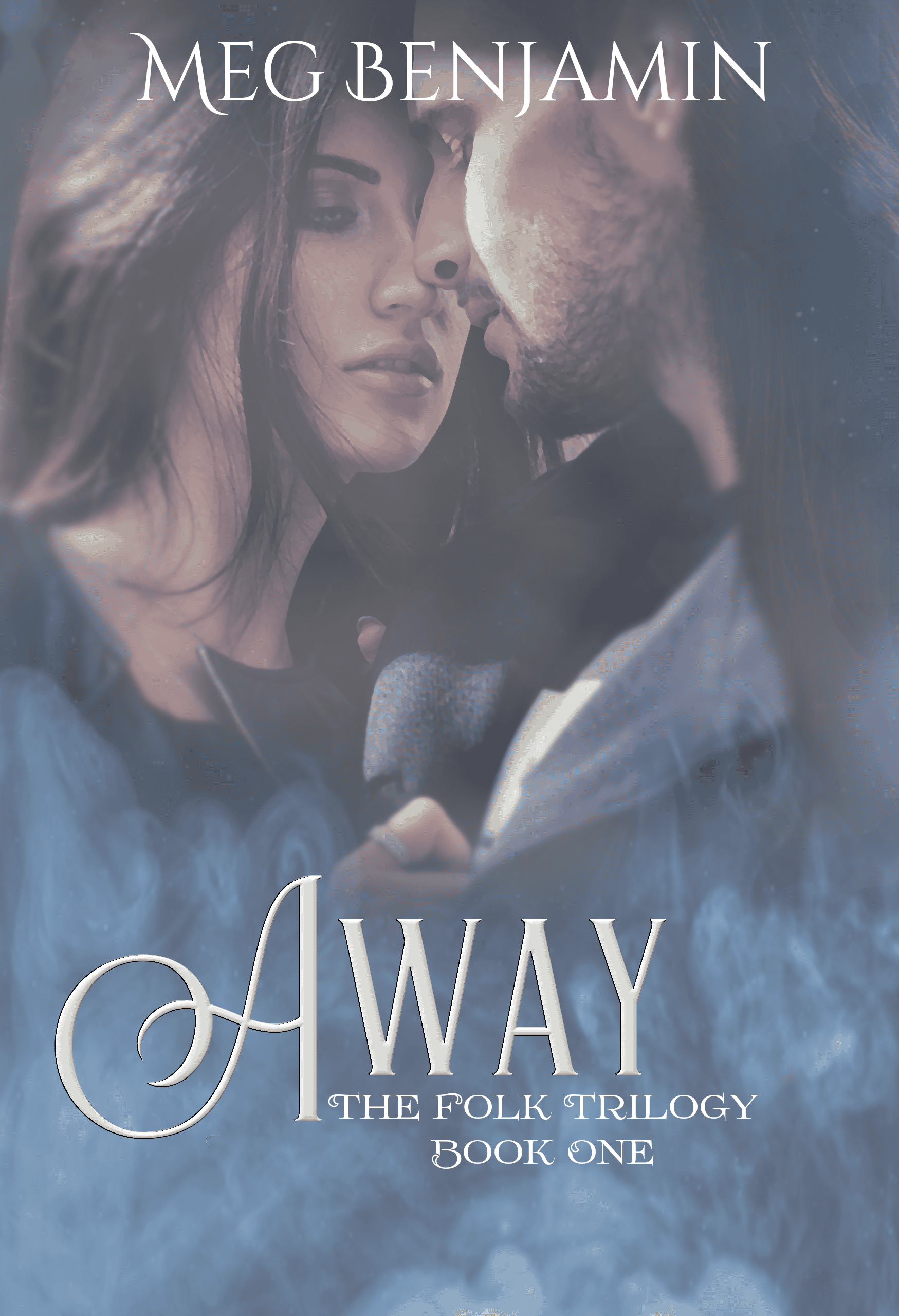Scarlett and Me
I first read Gone With the Wind when I was in middle school. One of the girls in my English class recommended it, and I got a copy from the library. Like a lot of readers, I was totally engrossed—I remember not wanting to put the book down for about a week as I read it.
I liked Margaret Mitchell, and I was fascinated by her retelling of the Civil War (although even then I suspected it was a bit biased in terms of the good old days in the south). But I’ve gotta say it—I really didn’t like Scarlett O’Hara.
Now granted, I was growing up in the Midwest, where people prize level-headedness and where snotty behavior doesn’t get a lot of sympathy. And one of my grandmothers was a self-anointed Southern Belle, so I saw some eye-batting and hissy fits as I was growing up. But Scarlett didn’t strike me as fascinating. She was just annoying.
A lot of people seem to assume Gone With the Wind is a romance, and Scarlett is an archetypal romance heroine. I think they’re wrong on both counts. Gone With the Wind doesn’t count as a romance, first of all, because it doesn’t have a happy ending (although you might think it’s fairly happy for Rhett since he finally gets away from Scarlett and her campaign to make him miserable). But more importantly, I don’t think it counts because Scarlett really isn’t an archetypal heroine.
Why not? Because she doesn’t learn anything. Oh, she gets more ruthless and more rich, but she’s just as selfish and self-absorbed at the end as she was at the beginning (no, I’m sorry, that last-minute revelation that she loves Rhett is really a day late and a dollar short). Now I can think of some romance heroines who start off unlikeable. But they don’t stay that way. Even if they begin as bitches on wheels, by the end of the book they will have learned to care about someone other than themselves.
The reasons for this are, I think, twofold. First, as readers we usually want to identify with the heroine. If she’s a thoroughgoing bitch, that’s going to be hard, unless she wises up at some point in the story. Second, the hero has to care about her or there’s no romance. And, again, if she’s a thoroughgoing bitch, the hero would have to be a dunce to get involved with her. For reasons I’ve never understood, Rhett seems to think Scarlett’s ruthless character is endearing. One can only assume that she’s very good in bed.
While Scarlett isn’t a romance heroine, she does show up regularly in modern romances nonetheless. She’s the irritating younger sister, or the coworker the heroine can’t abide, or even the woman the hero thinks he loves until he gets a better idea of her true character. In other words, she’s a villainess. And, I’d argue, that’s where she really belongs. While Mitchell is willing to indulge Scarlett’s nastiness, Romance writers, in contrast, are not. And I think that’s all to the good.
Posted in Blog • Tags: gone with the wind, heroines, On Reading, romance, scarlett o'hara | 1 Comment








1 thought on “Scarlett and Me”